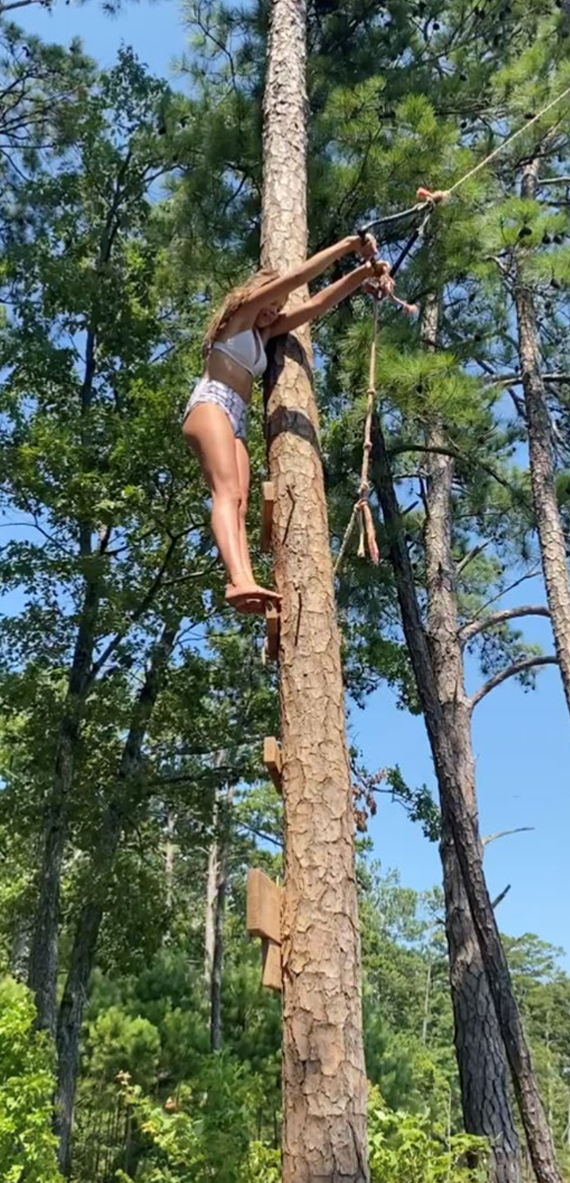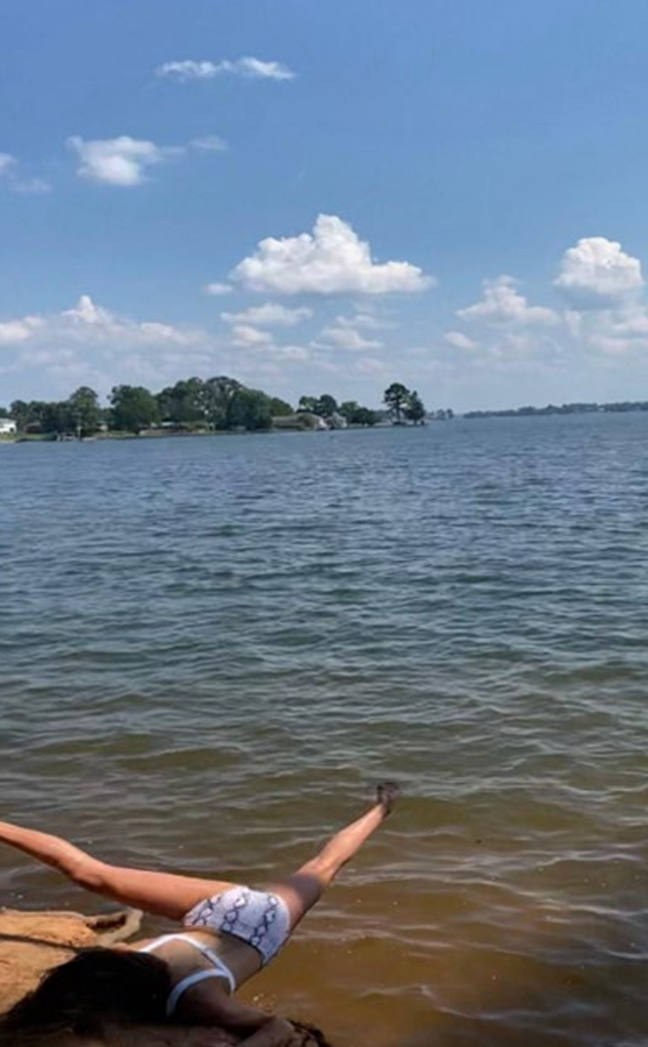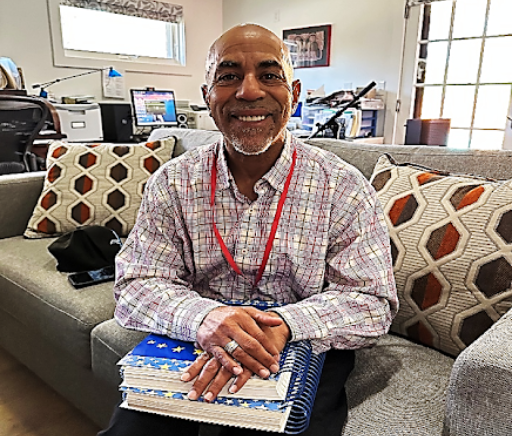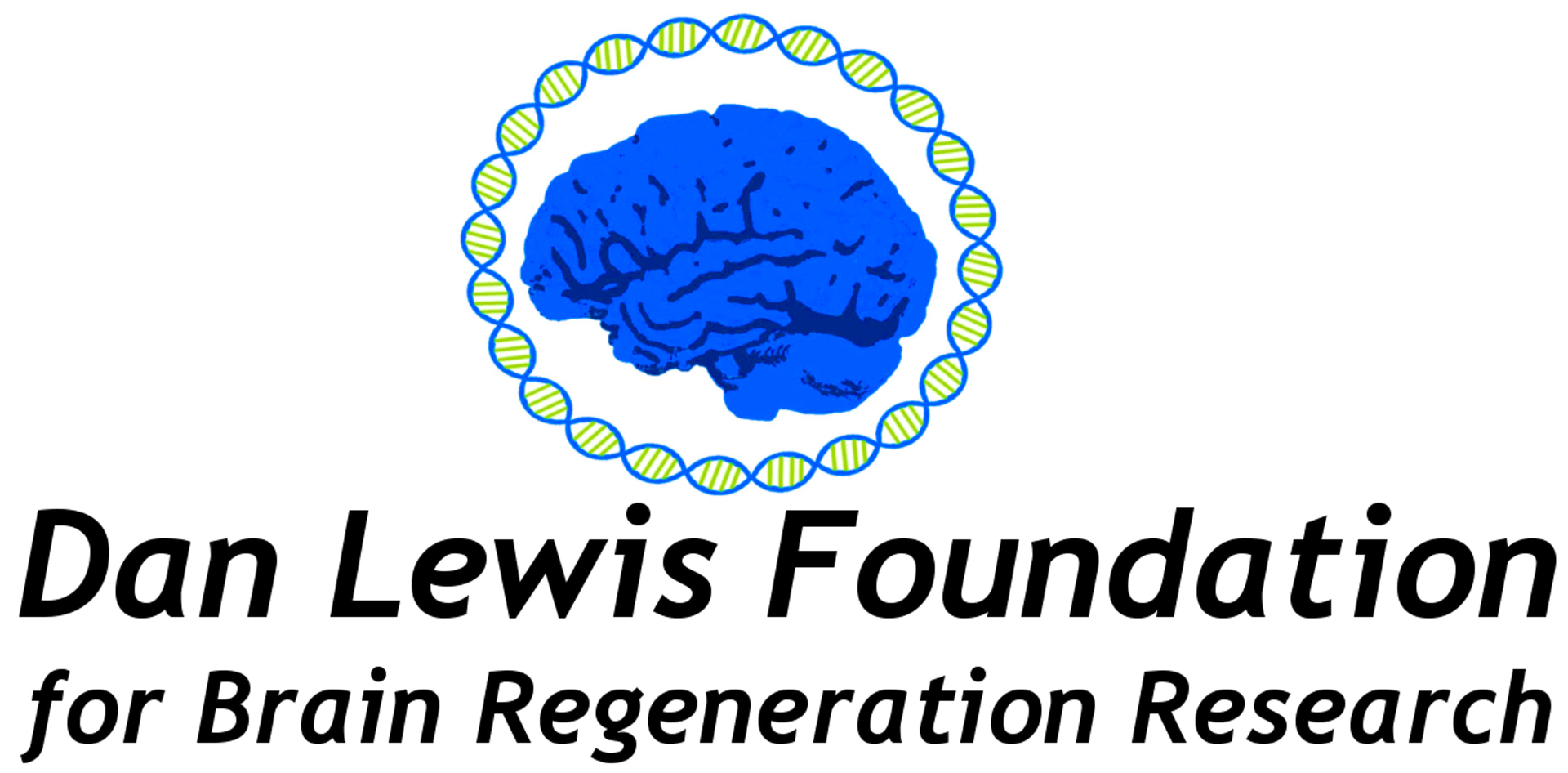Bella’s Story
Though brain injuries usually lead to a range of physical, cognitive, and emotional issues, every person who incurs a brain injury experiences a unique set of symptoms as well as both short-term and longer-term outcomes. This is true whether the brain injury is classified as mild, moderate, or severe. Therefore, it is important to take every brain injury seriously and to get medical attention as soon as possible to prevent further damage and to improve outcomes. Bella Kellis, at age 14, experienced a traumatic brain injury. In her own words, Bella, now 16, shares her story.
From a very young age, I believed that prioritizing education and developing self-discipline was the key to success. At just five years old, I’d already fallen head-over-heels in love with school, I loved acquiring knowledge about the world and experiencing everything I could. That thinking was abruptly changed and put on hold when I was fourteen and sustained a traumatic brain injury.
It was mid-summer at Lake Murry in 2020. I was fifteen feet up in a pine tree, ready to use the rope swing to jump into the water, but things did not go as planned. Instead, I fell directly onto my head at the foot of the lake. At the time, my dad understood the potential severity of the accident and rushed me to the doctor, but they simply glued my lip together and sent me home. I walked out of urgent care with minimal bruising and no stitches. They assumed I was okay because I showed no apparent external physical damage beyond a torn lip, but what they didn’t see or understand was that I walked out an entirely different person. I thought maybe all I needed was some sleep and I’d wake up to the person I was before, but I was terribly wrong.

"I was unpredictable, defensive & exhausted. I felt out of control and I knew I was a different person."
My sophomore year of high school started differently. Following the accident, I had multiple weekly emotional breakdowns and could not handle stress. I returned to school and found it almost impossible to stay awake in class (narcolepsy: a rare long-term brain condition that can prevent a person from choosing when to wake or sleep). I had always easily juggled sports, straight-A academics, friends, and family. However, I could no longer read without developing an instant headache. I felt abnormal anger, sadness, and mood swings daily. Maintaining healthy relationships was almost impossible.
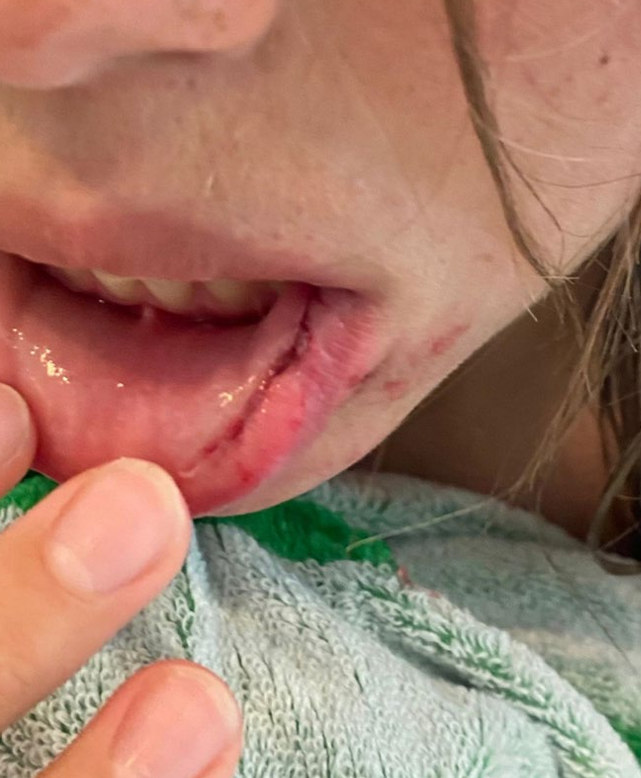
By the end of my sophomore year, I was unpredictable, defensive & exhausted. I felt out of control and I knew I was a different person. My family could not comprehend how the girl who memorized her multiplication tables at age five was the same person sobbing over algebra 2, refusing to identify as a “math person” ever again. All of us were bewildered by the change. I spent the last two years rebuilding my academics, relationships, attending doctor appointments and therapies. Working to rebuild the life I once had is a struggle. The traumatic brain injury temporarily paused my development and left me trying to achieve what had been so simple before. I still face many obstacles in my day-to-day life, but I am making great progress. I have worked hard to compensate for the effects of my condition. It is an ongoing journey with plenty of adaptations, but the process allows me to know myself better than ever before.
Of the many struggles caused by my injury, I found the most detrimental was my loss of identity. When you cannot live your life as the person you once were, life as you know it, changes. Losing trust in yourself affects every area of your life, especially interactions with others. How can you build a strong bond with another individual if you do not have one with yourself? How could one accomplish simple, everyday tasks like communicating and reasoning with another person when the ability to communicate with myself was poor? My traumatic brain injury triggered a loss of self and disadvantaged me in every area of my life, including social, family, and academic settings.
My traumatic brain injury has transformed my attitude toward my accomplishments. It was a glimpse of reality, a reality of a world where we all have an expiration date, and in a split second, you could lose everything you have worked so hard for. All that stays with us is our experiences and those of the individuals we have impacted throughout our lives. Therefore, we don’t have time to waste on mindless activities that aren’t making a difference or bringing joy to our lives. Given the age of my injury, “brain plasticity” has allowed for what I believe is a miraculous brain recovery. However, I recognize that everyone does not share that fortune. I aspire to one day alter society’s current treatment and understanding of brain trauma by making that the focus of my studies in college and career beyond.
